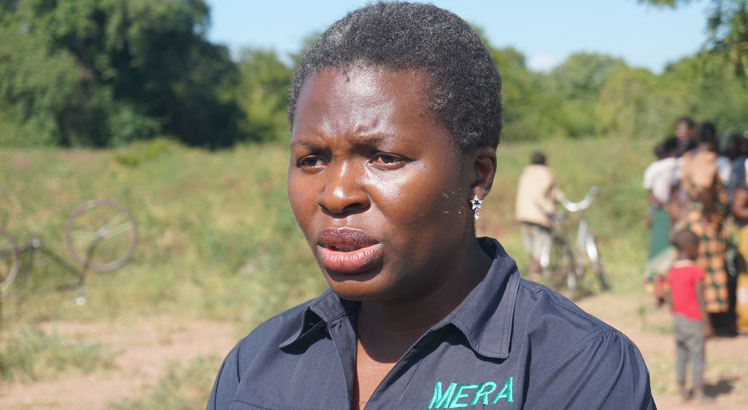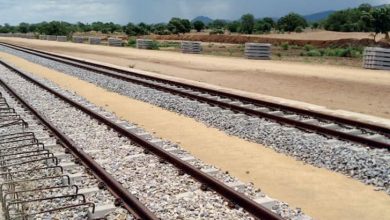Fuel price hike was inevitable—Mera
Malawi Energy Regulatory Authority (Mera) says the increase in fuel pump prices effected from October 1 was unavoidable after nearly two years of frozen rates that left importers bruised as they incurred losses.
Petrol is now selling at K3 499 per litre and diesel K3 500 per litre, representing 38 and 28 percent hikes, respectively.
The adjustment has since sparked concern from some sections of the public that it would push up prices of commodities and worsen inflation currently hovering around 27 percent.
But Mera public relations and consumer affairs manager Fitina Khonje said the regulator was merely reverting to the automatic pricing mechanism (APM), which prescribes that prices should be adjusted when changes in landed cost or the exchange rate move more than five percent.

not being paid. | Nation
She acknowledged that the last price review in November 2023 was followed by a long delay despite fundamentals requiring regular updates under the price mechanism.
“It was a wrong overture,” said Khonje, stressing that this time around the APM has been applied strictly, with changes triggered after costs breached the five percent limit.
However, she was non-committal on the reasons the regulator could not apply the pricing mechanism in the past two years, only stressing that the move would help cushion importers bringing in fuel at a higher foreign exchange rate while domestic prices remained frozen.
She explained: “Their working capital was eroded, arrears ballooned to about K1 trillion, and some levies intended for agencies such as the Road Fund were withheld.”
The Price Stabilisation Fund, set up to cushion consumers from sudden shocks, has been completely depleted.
National Oil Company of Malawi (Nocma) chief executive officer Clement Kanyama declined to comment on the impact the new rates will have on importers, referring The Nation back to Mera.
Meanwhile, economists agree the decision was long overdue.
In a WhatsApp response, Scotland-based Malawian economist Velli Nyirongo said the hike is not simply about fuel, but resetting Malawi’s fiscal and external balances.
In its August 2025 report, about six months after President Lazarus Chakwera rejected a proposed 30 percent hike in fuel pump prices, the IMF observed that market-based prices would reduce inefficiencies, boost fiscal revenues, and increase foreign exchange availability.





